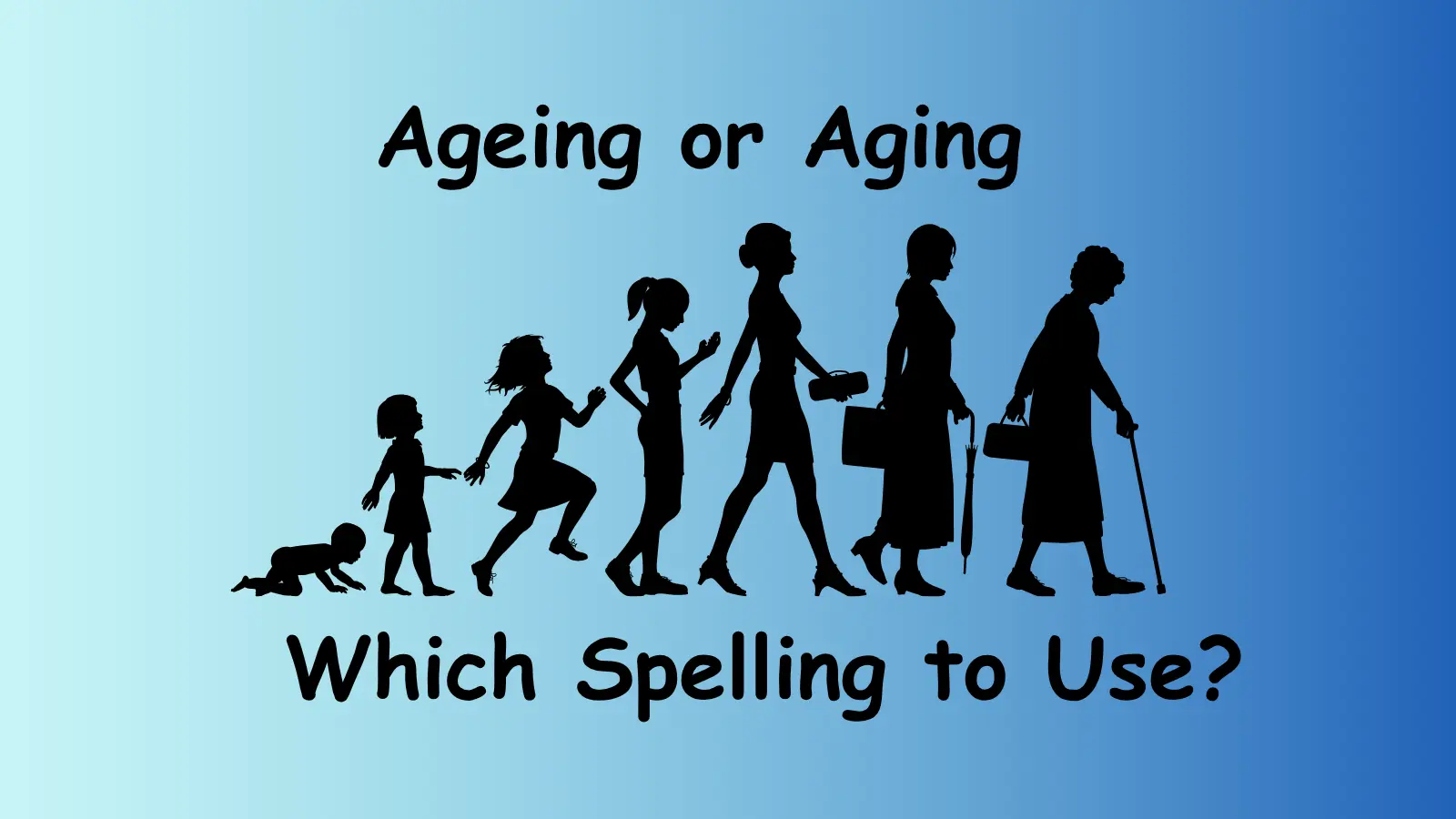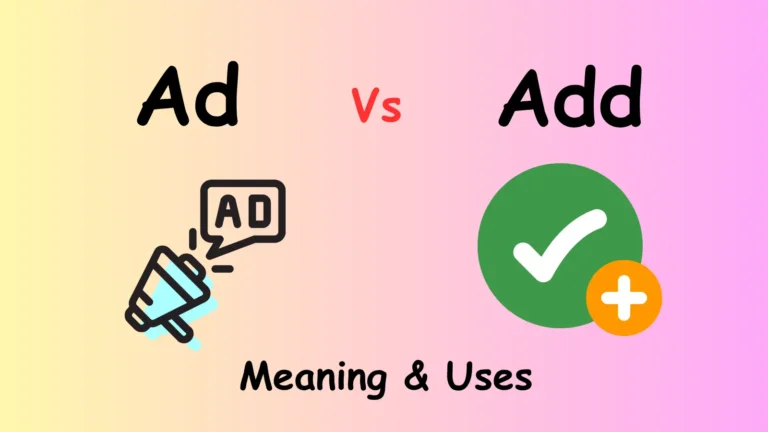Ageing or Aging- Which Spelling to Use?
You’ll encounter both spellings depending on your audience’s location. “Ageing” is the British English spelling used in the UK, Canada, and Australia, while “aging” is the American English preference. Both ageing or aging terms function identically as adjectives, gerunds, and present participles with the same meaning. Your choice should align with your target audience’s regional expectations and style guide requirements. Understanding these regional distinctions and their proper applications will help you maintain professional credibility across different contexts.
Understanding the Spelling Difference Between Ageing and Aging
The spelling difference between “ageing” and “aging” stems from distinct regional conventions in English orthography.
You’ll encounter “ageing” in British English, which retains the ‘e’ following established spelling patterns. American English uses “aging,” reflecting its preference for simplified spellings.
When considering ageing vs aging, both terms carry identical meanings and grammatical functions.
How do you spell aging depends entirely on your audience’s location. If you’re writing for British readers, choose “ageing.” For American audiences, select “aging.”
Understanding this ageing or aging distinction confirms your writing aligns with regional expectations and maintains professional credibility.
British Vs American English: Regional Preferences and Usage
Regional conventions shape how millions of speakers worldwide choose between “ageing” and “aging” in their daily communication.
If you’re writing for British, Canadian, or Australian audiences, you’ll typically use “ageing” with the retained ‘e’.
American publications and academic journals consistently prefer “aging” without the extra letter.
Understanding this aging vs ageing distinction helps you communicate effectively across different English-speaking regions.
Your choice should align with your target audience‘s expectations and the style guide you’re following.
Both spellings carry identical meaning and grammatical function, making regional preference the primary determining factor.
Grammar Functions and Parts of Speech
Beyond regional spelling preferences, both “ageing” and “aging” demonstrate remarkable grammatical versatility within sentence structures.
You’ll encounter these words functioning as adjectives when describing characteristics: “The aging population requires specialized healthcare.” As present participles, they form continuous tenses: “Your skin is aging naturally.” When used as gerunds, they serve as nouns: “Aging affects everyone differently.”
You can also find them in compound constructions: “anti-aging treatments” or “age-related changes.” Regardless of spelling preference, both variants maintain identical grammatical properties and syntactic behaviors.
Understanding these functions helps you communicate effectively about temporal processes across different English-speaking regions.
Common Mistakes and How to Avoid Them
While both spellings remain grammatically correct, you’ll likely encounter several predictable errors that can undermine your writing’s credibility and consistency.
| Mistake Type | Incorrect Example | Correct Approach |
|---|---|---|
| Mixed spellings | “The aging population shows ageing patterns” | Choose one spelling consistently |
| Wrong regional context | Using “ageing” in American publications | Match your audience’s expectations |
| Hyphenation errors | “Anti-ageing” vs “anti-aging” | Follow regional spelling rules |
| Academic inconsistency | Switching spellings within research papers | Establish style guide early |
You’ll maintain credibility by selecting one spelling and using it throughout your document, matching your target audience’s regional preferences.
you will like to know Agreeance Vs Agreement – Which One To Use?
Practical Examples in Different Contexts
Understanding how to apply ageing and aging correctly requires examining real-world scenarios where each spelling serves its intended audience.
Mastering the distinction between ageing and aging depends on understanding your target audience’s regional expectations and professional context.
You’ll encounter distinct contexts where regional preferences determine appropriate usage.
- Academic research: British journals prefer “ageing population studies” while American publications use “aging demographics research”
- Healthcare documentation: UK medical records reference “ageing-related conditions” versus US charts noting “aging-associated symptoms”
- Business communications: Canadian companies often choose “ageing” when addressing international markets, “aging” for domestic audiences
- Technical writing: Software targeting British users displays “ageing processes” while American versions show “aging algorithms”
- Legal documents: Contract language matches jurisdictional spelling conventions
Frequently Asked Questions-Ageing or Aging
What Are the Main Biological Factors That Cause Aging in Humans?
Your cells accumulate DNA damage over time, telomeres shorten with each division, proteins misfold and aggregate, mitochondrial function declines, and chronic inflammation increases. These interconnected processes gradually impair your body’s repair mechanisms and overall function.
At What Age Does the Aging Process Typically Begin to Accelerate?
You’ll notice accelerated aging typically begins around age 30, when cellular repair slows and muscle mass starts declining. However, the most noticeable acceleration occurs after 50, when hormonal changes substantially impact your body’s systems.
Can Aging Be Slowed Down or Reversed Through Medical Interventions?
Studies show telomeres can be lengthened by 20-30% through lifestyle changes. You can slow aging through proven interventions like caloric restriction, exercise, and emerging treatments, but complete reversal remains elusive despite promising research.
How Does Aging Affect Different Organs and Body Systems Differently?
Your organs age at different rates—your brain loses neurons gradually, your heart muscle stiffens, kidneys filter less efficiently, bones weaken, and skin loses elasticity. Each system’s aging timeline varies based on genetics and lifestyle.
What Role Do Genetics Versus Lifestyle Play in the Aging Process?
You can’t turn back time—genetics determine about 25% of your aging process, while lifestyle choices like diet, exercise, sleep, and stress management control the remaining 75%, giving you significant power over how you age.
Final Verdict
You’ve navigated the linguistic crossroads where British “ageing” and American “aging” diverge—two paths leading to the same destination. Like a compass guiding your journey, your audience determines which spelling serves as your North Star. Don’t let this variation become a stumbling block; instead, embrace it as evidence of English’s rich adaptability. Your consistent choice, whether “ageing” or “aging,” will anchor your writing with the precision and clarity your readers deserve.
References
Collins Dictionary (AGEING definition and meaning | Collins English Dictionary)






